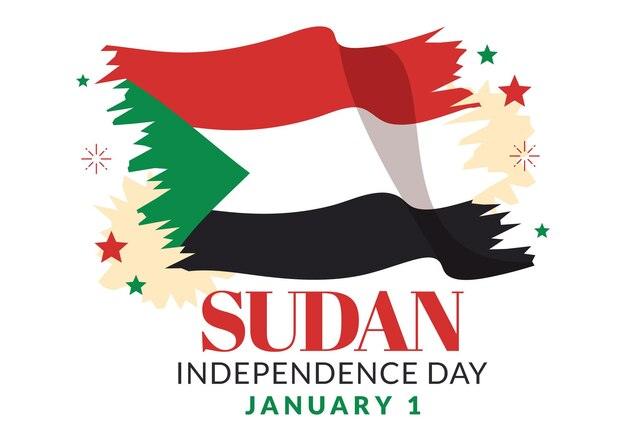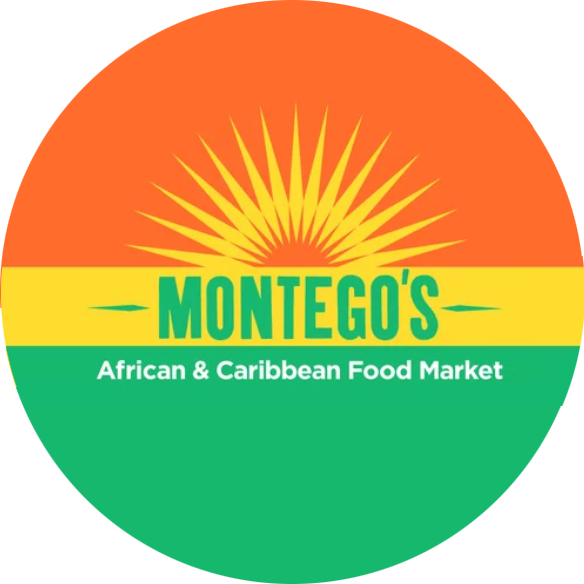
Sudan's Independence Day
Share
Sudan, officially known as the Democratic Republic of Sudan, celebrates its independence day on January 1, 1956. This historic event marked the end of British and Egyptian joint administration and the birth of a new nation in northeastern Africa.

Sudan's journey to independence was shaped by a complex history of British colonization and Egyptian influence. The struggle for independence was led by prominent figures such as Ismail al-Azhari, Ali Abdel Rahman, and Ismail al-Azhari. These leaders fought for self-determination and the establishment of an independent Sudan.
The impact of Sudan's independence on Britain and Egypt, as the former colonizers, was significant. It marked the end of their joint rule over Sudan and signaled a shift in power dynamics in the region. Sudan's independence also influenced the broader decolonization movement, inspiring other African nations to assert their right to self-governance.
Sudan's independence held great importance for the collective African consciousness. It demonstrated that African nations could break free from colonial rule and determine their own destinies. Sudan's independence became a source of inspiration and solidarity for other African countries still striving for liberation.

However, Sudan's path after independence was marked by internal conflicts, regional tensions, and struggles for power. The nation faced numerous challenges in its quest for stability and unity.
Today, Sudan's independence day is celebrated as a reminder of the country's journey towards self-governance and its ongoing efforts to overcome internal divisions. It is a time to honor the sacrifices made by Sudanese leaders and citizens in the struggle for independence. Sudan's independence serves as a symbol of hope and a call for continued progress and unity.
